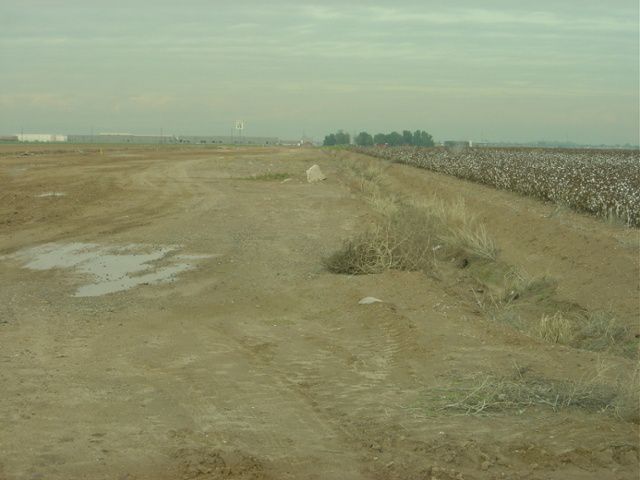Precedent-Setting Case Regarding WOTUS before the Supreme Court
Published
3/30/2016
Staff Reports: The Supreme Court of the United States will hear oral arguments today on the merits in United States Army Corps of Engineers v. Hawkes Co., Inc. The Hawkes case is a precedent-setting case that will determine whether landowners can challenge in federal court an agency “jurisdictional determination” under the Clean Water Act. The issue centers on the ability to challenge an agency finding that land is a “water of the United States” (WOTUS). Jurisdictional determinations trigger a host of regulatory obligations; including the requirement to obtain a permit from the U.S. Army Corps of Engineers prior to virtually any use or disturbance of the land.

This case is important because, as a practical matter, landowners face tremendous risks in using land after it has been found to be WOTUS—they must either apply for a federal permit or risk draconian criminal and civil penalties in government enforcement actions or private enforcement litigation.
The Details
American Farm Bureau filed an amicus brief in support of the Hawkes Company, joined by the following organizations: American Petroleum Institute, Associated General Contractors of America, National Association of Manufactures, and National Cattlemen’s Beef Association and the National Mining Association. The brief focused on the practical implications of a government finding that “waters of the U.S.” are present and the need of landowners to test dubious assertions of jurisdiction in court.
This case is important because, as a practical matter, landowners face tremendous risks in using land after it has been found to be WOTUS—they must either apply for a federal permit or risk draconian criminal and civil penalties in government enforcement actions or private enforcement litigation.
In this case, the nearest navigable water—the Red River of the North—is more than 120 river miles away, with no surface water connection between the two. The administration insists jurisdiction cannot be challenged until the landowner has navigated an expensive and lengthy permit process—and been rejected. Too often, this means justice
Stay tuned for further information on this case as it unfolds.